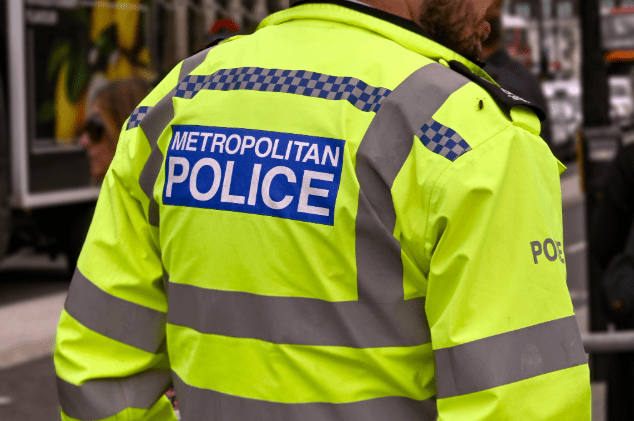Graham Linehan Arrest at Heathrow Sparks Free Speech Row
Father Ted creator Graham Linehan was arrested at Heathrow Airport after posting a series of gender-critical comments on social media, prompting fierce debate about free speech, policing priorities, and political accountability.
The 57-year-old comedy writer, best known for his work on Father Ted, The IT Crowd and Black Books, was detained by armed police officers as he stepped off a flight from Arizona.
Linehan later wrote on his blog: “The moment I stepped off the plane at Heathrow, five armed police officers were waiting. Not one, not two—five. They escorted me to a private area and told me I was under arrest for three tweets.”
The Metropolitan Police confirmed: “On Monday, September 1 at 1pm officers arrested a man at Heathrow Airport after he arrived on an inbound American Airlines flight. The man in his 50s was arrested on suspicion of inciting violence. This is in relation to posts on X.”
They added that Linehan was taken to hospital after concerns for his health were raised. His condition was later described as stable. He has since been released on bail while investigations continue.
Nigel Farage blasts the arrest of comedy writer Graham Linehan, warning Americans to defend their First Amendment rights:
“To be met by five armed officers as if he is some sort of international terrorist for literally putting jokey comments out about trans activists. You guys… pic.twitter.com/qmQaN3g5FX
— Sean Hannity (@seanhannity) September 3, 2025
Police stressed that although the officers involved were armed, weapons were neither drawn nor used.
One post dated 20 April read: “If a trans-identified male is in a female-only space, he is committing a violent, abusive act. Make a scene, call the cops and if all else fails, punch him in the balls.”
Another, from 19 April, mocked a trans rally with the caption: “A photo you can smell.” A third followed shortly after: “I hate them. Misogynists and homophobes. F** em.”*
Linehan insists his remarks were taken out of proportion, writing: “I was arrested at an airport like a terrorist, locked in a cell like a criminal, taken to hospital because the stress nearly killed me, and banned from speaking online, all because I made jokes that upset some psychotic crossdressers.”
The arrest triggered a wave of criticism from public figures.
JK Rowling wrote: “What the f** has the UK become? This is totalitarianism. Utterly deplorable.”*
Tech billionaire Elon Musk echoed those concerns, branding Britain a “police state”.
Broadcaster Piers Morgan added: “What’s happened to [Linehan] today is absolutely ridiculous.
Five armed cops arresting him at Heathrow for tweets mocking the scandal of biological men invading women’s spaces? When it comes to free speech, Britain’s turning into North Korea.”
Conservative MP Robert Jenrick was equally scathing: “This is ridiculous and a complete waste of police time.
The police only respond to 1 in 5 reported shoplifting offences, but deployed 5 armed officers to arrest a comedian over three tweets.”
A spokesperson for Prime Minister Sir Keir Starmer stopped short of criticising the Met directly but stressed: “The Prime Minister and the Home Secretary have been clear about what their priorities on crime and policing.
That’s tackling antisocial behaviour, shoplifting and street crime as well as reducing serious violent crime such as knife crime and violence against women.”
When asked about Musk’s “police state” comment, the spokesperson dismissed the claim but underlined Starmer’s commitment to free expression.
Adding: “The Prime Minister has spoken previously about how he is strongly in favour of free speech and the long proud history of free speech in this country.”
Linehan has long been a divisive figure for his outspoken criticism of transgender activism. His career took a sharp downturn after sustained controversies.
In his memoir Tough Crowd (2023), he admitted that championing “an unfashionable cause” cost him much of his professional standing.
Once celebrated for his sharp wit and sitcom success, he is now facing trial later this month, accused of harassing transgender activist Sophia Brooks, 18, and damaging her phone in October.
The arrest reignites a wider debate over free speech, hate crime laws, and police priorities in the UK.
Supporters of Linehan argue that heavy-handed policing risks criminalising satire and political dissent. Critics say his comments cross the line into dangerous incitement.
For now, the question remains: should British police be chasing online speech with armed officers—or should their focus lie elsewhere?






